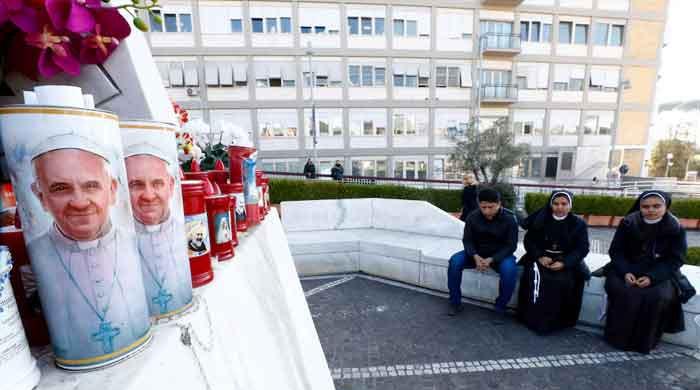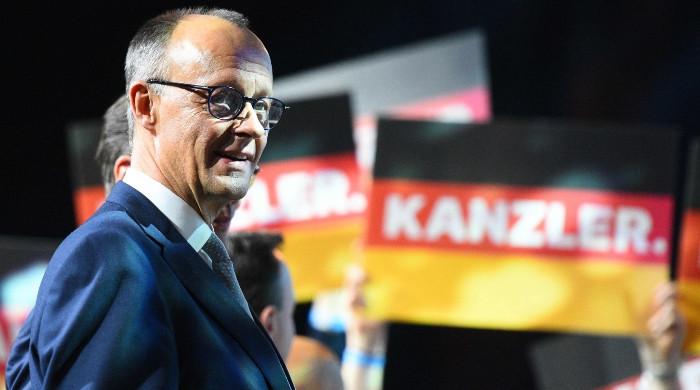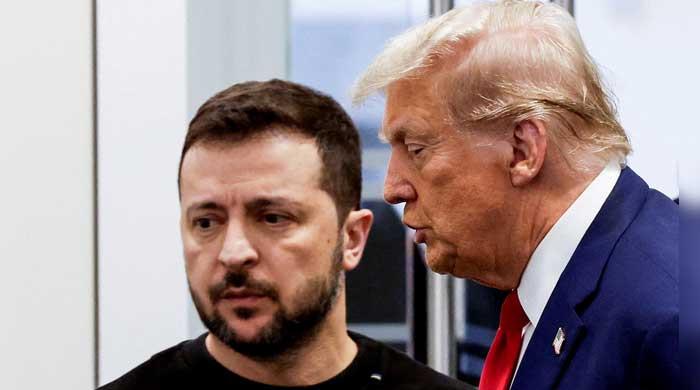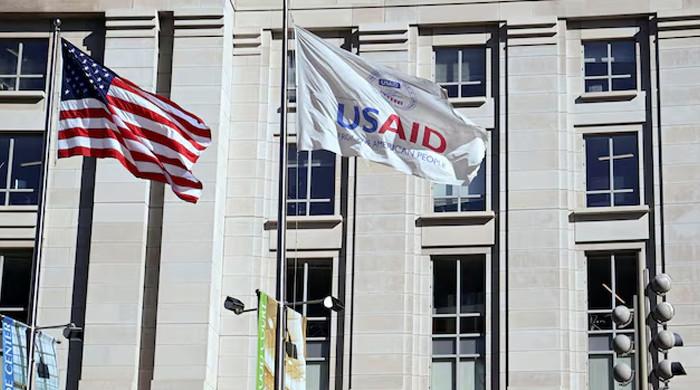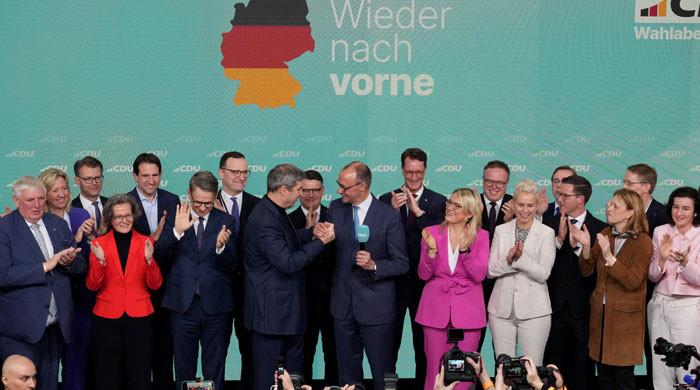UAE provides particulars of 31 wealthy Pakistanis
FIA officials claimed that these 31 Pakistanis have pumped have around Rs60 billion into 55 properties in Dubai
February 15, 2018

The United Arab Emirates (UAE) government confirmed particulars of 31 wealthy Pakistanis who own over 55 properties worth around Rs60 billion in the heart of Dubai.
The disclosure was made weeks after Pakistan shared details of the individuals, who had allegedly made investments in real estate in Dubai, with the UAE authorities. The Economic Crime Wing of the Federal Investigation Agency (FIA) had requested the Ministry of Finance of UAE for the exchange of information about rich Pakistanis on November 16, 2017.
“The UAE tax authorities have exchanged detailed information in respect to 53 Pakistani individuals who have investments in real estate along with copies of passports in 31 cases vide letters dated January 22, 2018, and January 28, 2018, respectively,” read an official document prepared by Federal Bureau of Revenue (FRB) authorities.
FIA officials claimed that these 31 Pakistanis have pumped have around Rs60 billion into 55 properties in Dubai.
Geo News had disclosed earlier that some 7, 000 Pakistanis have bought properties worth an estimated Rs1.1 trillion in the heart of Dubai in the past one-and-a half-decade.
Majority of them did not disclose these properties in their annual returns and were said to be moving their assets out of the country to avoid getting caught in the event of a serious crackdown on this unaccounted-for money.
“A list of 100 Pakistani individuals, who have allegedly purchased properties in Dubai/UAE, was received in the FBR office from the Director, Economic Crime Wing, FIA HQ which was forwarded to the head of EOI Unit, Ministry of Finance. The UAE tax authorities through two letters provided the details of 55 transactions of properties made by Pakistani individuals and the copies of 32 passports. Out of these 32 cases, CNICs in 31 cases are available. 29 out of these 31 individuals are registered with the FBR. Only five individuals declared their UAE properties in available FBR record,” read the documents available with Geo News.
The FBR also requested the Ministry of Foreign Affairs, Pakistan, as an alternative course of action, to arrange a meeting on this issue with the Ambassador of UAE, revealed the documents.
The Foreign Office took up the matter with the embassy of UAE and wrote many letters, but the same also remained unheeded.
The FBR informed the Supreme Court on Thursday that according to the data available with the bureau, most of these 29 individuals are regular filers of their income tax returns.
Some 27 have filed last five tax years’ returns, documents further revealed. All 29 of them have filed at least seven out of last 10 completed tax years returns and most have filed all 10, they added.
The information has been passed on to concerned field formations to ensure the filing of any missing returns from the last five completed tax years and also to check whether purchased properties have been declared by the taxpayers in their returns, revealed the official documents. The two unregistered individuals have been registered, they added.
Pakistan and UAE have signed the Convention for the Avoidance of Double Taxation in 1993. Article 27 of the said Convention, it is said, which deals with the exchange of information.
The UAE authorities had earlier requested for amendment of various articles of the Convention in 2012 and amendment in Article 27 was also proposed to align it with the OECD Model 2010.
Approval of the federal cabinet was sought in this regard to initiate the negotiations for amendment in the convention between the two countries and after the necessary approval, the matter was taken up with the UAE authorities through diplomatic channels. It was requested that an appropriate set of dates and venue for the negotiations to revise the convention may be conveyed to Pakistan at the earliest, but the UAE authorities have not yet replied.
It is important to mention here that all the information exchanged under the double taxation agreement is to be treated under the Article 27 of the said agreement. This article provides that any information received by a contracting state shall be treated as secret in the same manner as information obtained under the domestic laws of that state.
However, if the information is originally regarded as secret in the transmitting state, it shall be disclosed only to persons of authority (including courts and administrative bodies) involved in the assessment or collection of, the enforcement or prosecution in respect of, or the determination of appeals in relation to, the taxes which are the subject of the convention.
Such persons or authorities shall use the information only for such purposes but may disclose the information in public court proceedings or in judicial decisions. As such, the information cannot be shared with any other agency or department for any other purpose in view of the provisions of the avoidance of double taxation agreement between the two countries.






